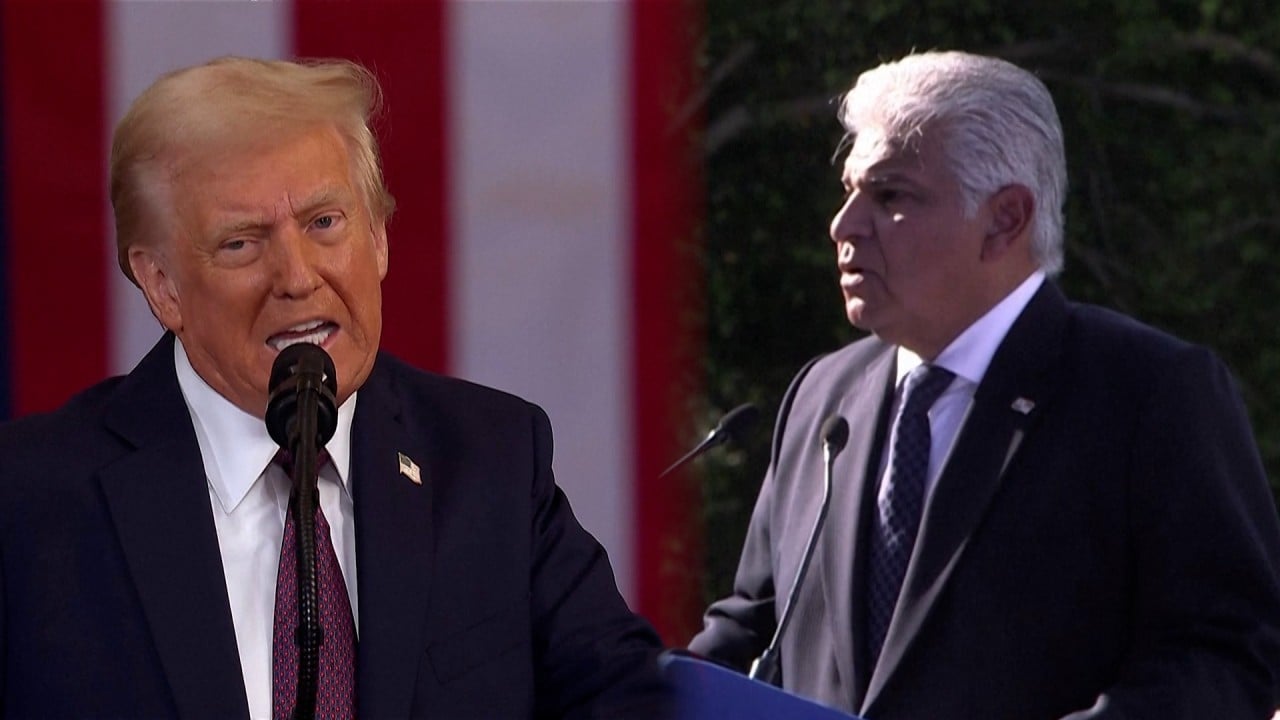US President Donald Trump was elected for his “Make America Great Again” (Maga) project, and he seems determined to deliver it. Maga is expected to transform America, for better or worse, in fundamental ways. But what implications does it have for the rest of the world?
Advertisement
Trump’s territorial ambitions, a key part of the Maga agenda, offer a taste of what his grand scheme has in store for the world. In what CNN called “imperialistic land grabs”, Trump has floated ideas about annexing Canada as America’s 51st state, buying Greenland and “taking back” the Panama Canal.
America’s fifth president James Monroe must be chuckling in his grave. He has surely found in Trump a fanatical believer in and practitioner of his eponymous doctrine. In truth, Trump’s territorial claims are nothing short of expansionism at work.
In doing so, Trump has ditched diplomatic niceties and norms. More importantly, his claims are a blatant violation of the fundamental principles governing international relations that are enshrined in the United Nations Charter.
Clearly, the suggestion that Trump has an isolationist tendency is wide off the mark. America under Trump is not likely, as some analysts predict, to withdraw from the world. Given that Trump vowed at his inauguration address to “build the strongest military the world has ever seen”, how likely is it that the United States would shrink its military spending, which is by far the world’s largest and bigger than the total of the next nine countries combined?
Trump’s predecessors tried to justify US military operations overseas on various “noble” grounds. George W. Bush invaded and occupied Afghanistan to fight terrorism, and his war against Iraq was intended, as it were, to overthrow tyranny. Meanwhile, Joe Biden repeatedly sent US warships to the South China Sea purportedly to defend the “freedom of navigation”.


